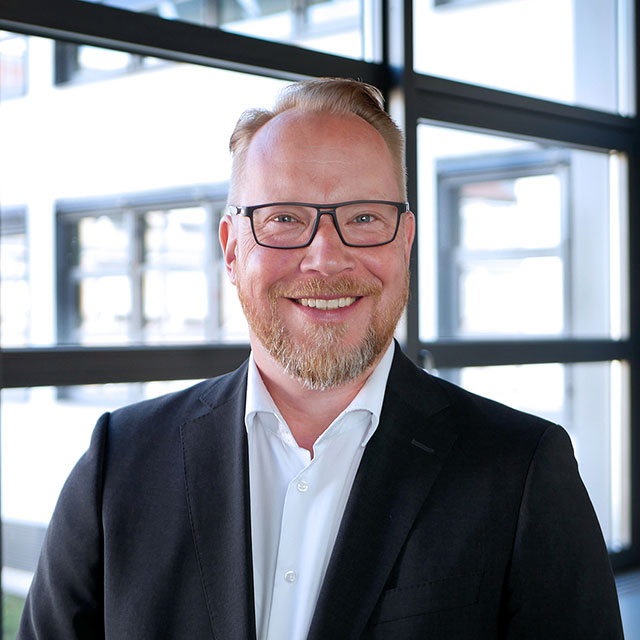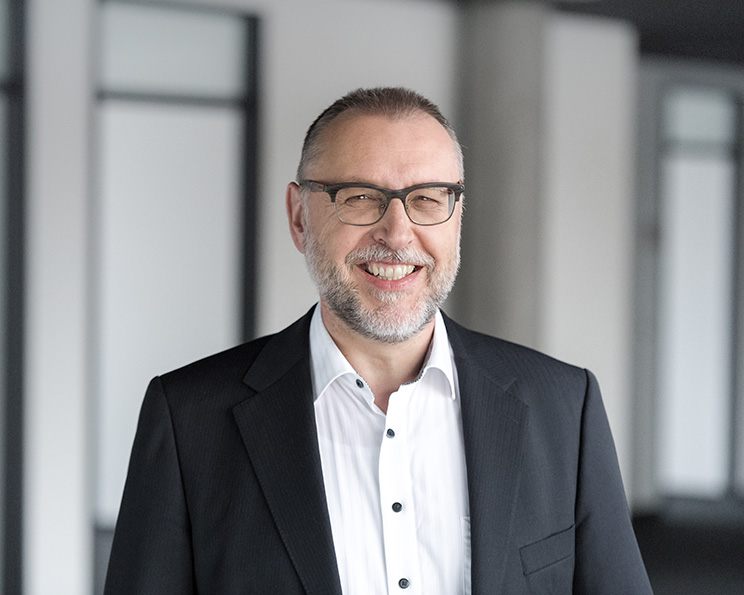UX agency
for Innovation,
Design & Strategy
Shape your digital future with the UX professionals from UID
As a UX pioneer and one of the best-known UX agencies in Germany, we design modern user interfaces for your digital product worlds of tomorrow. We have been a provider of customized UX services for over 25 years. Solutions made by UID impress with simple operation and a positive user experience. But that’s not enough for us: our heart beats for the anchoring of UX in your organization and for more UX in your digital transformation strategy. To create outstanding products that inspire users and ensure your market success.
You can find us throughout Germany at our locations in Berlin, Darmstadt, Ludwigsburg (near Stuttgart), Cologne, Mannheim and Munich – and we are also there for you worldwide.
Our UX services: Idea development, implementation and enablement
Whether individual user interfaces, complete product families or customized services – we support you from idea development to front-end implementation. We are your UX partner for the entire product lifecycle. We also advise you on technology decisions and take care of the UX-optimized development, programming and maintenance of your systems.
Use the UX factor for your market success
Innovation
With over 25 years of experience, we are UX pioneers and deliver UX services of the highest quality.
Safety & compliance
We develop your products in accordance with ISO 9001, ISO 13485, ISO 9241-210, IEC 62366.
Industry & market leadership
Benefit from our expertise from over 5.000 projects in the consumer, enterprise, industry, medical and mobility sectors.
Excellent design
Our projects are nominated for and awarded prestigious design prizes every year.
Efficient digitization
We provide people-centric advice and take into account technical, specialist and market-specific requirements to optimize your processes
End-to-end solutions
We offer full service from a single source, from the product idea to front-end and application development, including maintenance.
How does UX support your corporate strategy?
Combine digital transformation and UX for your market success. The key to this: a UX strategy aligned with your goals. We use the practical know-how from over 4,500 UX projects and provide you with comprehensive advice on your transformation to a user-centric company – whether at team, project, product or organizational level.



